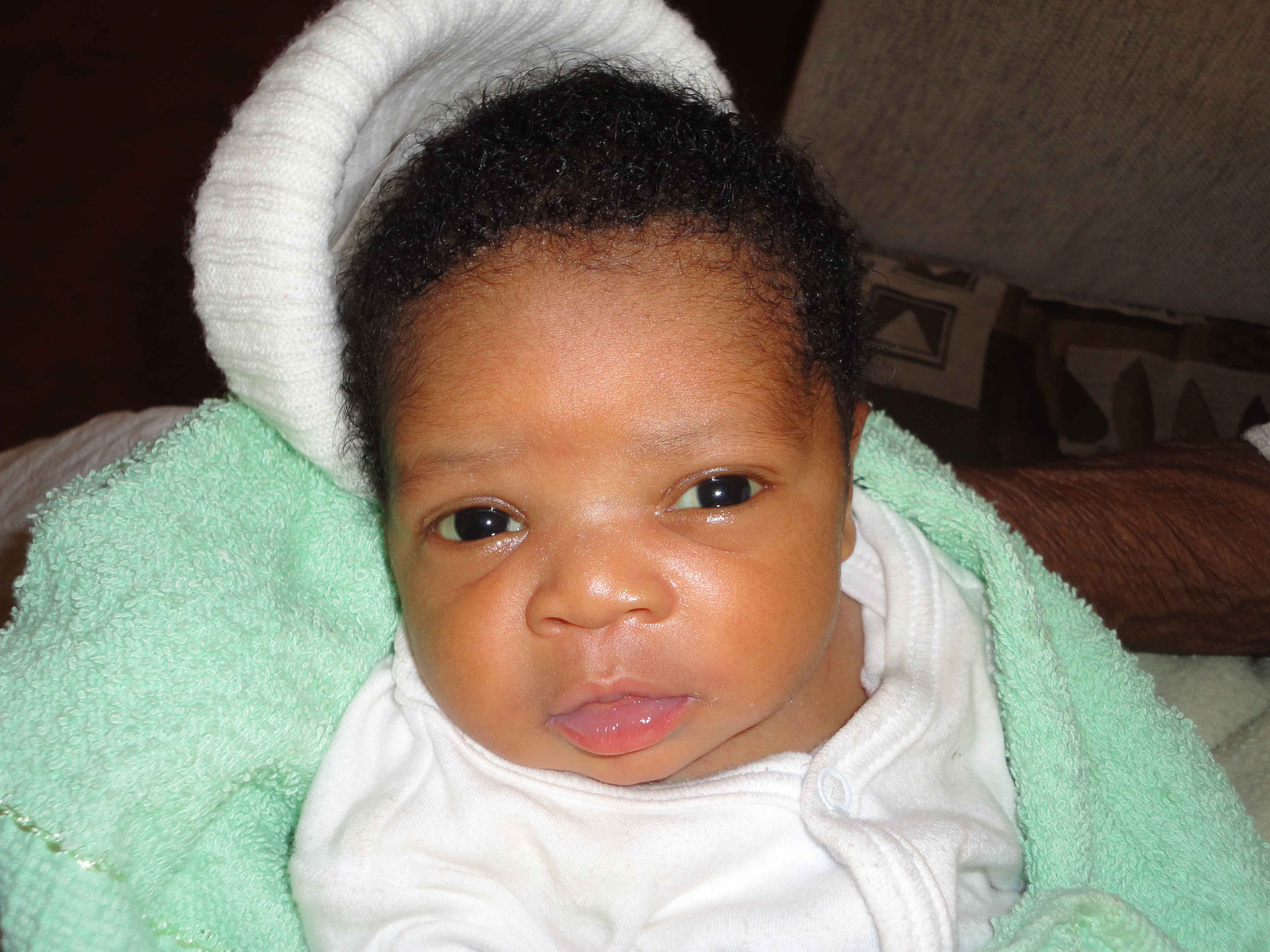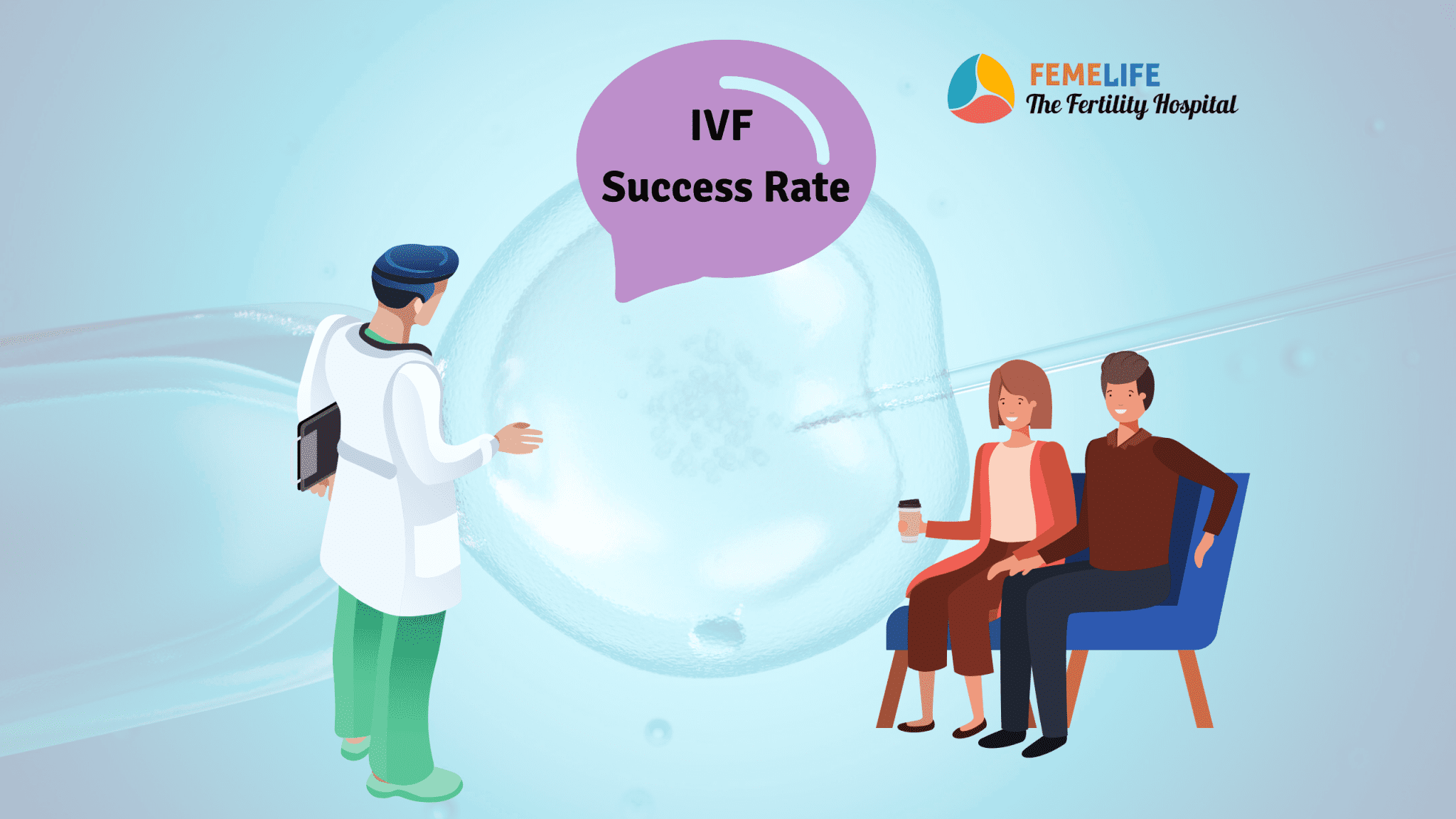So here we are, diving into the world of IVF at 44 success stories. It's not just about numbers or statistics; it's about real people, real dreams, and real journeys. If you're reading this, chances are you're either considering IVF at 44 or know someone who is. Either way, you're in the right place. This article is packed with inspiring tales, expert insights, and practical advice to help you navigate this life-changing journey. So grab your favorite drink, sit back, and let's dive in.
You might be wondering why IVF at 44 is such a big deal. Well, it's simple—age matters. As women get older, fertility naturally declines, and that can make conceiving naturally a bit trickier. But hey, that's where IVF comes in, stepping up to the plate like a superhero for those trying to grow their families later in life.
Now, before we dive deeper, let me tell you something important. Success stories aren't just about the end result; they're about the journey, the challenges faced, and the triumphs celebrated along the way. So, whether you're here for hope, guidance, or just curious, you're gonna find plenty of all three in this article.
- David Perry South Carolina The Man Behind The Spotlight
- What Is Angel Card Your Ultimate Guide To Unlocking Spiritual Messages
Why IVF at 44 is Becoming More Common
First things first, let's talk about why more women are turning to IVF at 44. In today's world, life happens at its own pace. Women are focusing on careers, personal growth, and finding the right partner before they think about starting a family. And that's awesome! But biology doesn't always align with our life plans, which is where IVF steps in to bridge the gap.
According to a report by the CDC, the number of women over 40 undergoing IVF has increased significantly in recent years. Why? Because advancements in reproductive technology have made it more possible than ever for women in their 40s to achieve pregnancy successfully. It's like science saying, "Hey, we've got your back!"
What Makes IVF Different at 44?
Alright, so what's the deal with IVF at 44 compared to younger ages? Well, the main difference lies in egg quality and quantity. By the time a woman hits her 40s, her ovarian reserve has naturally decreased, and the quality of her eggs may not be as optimal. But don't let that scare you. IVF offers solutions like donor eggs, pre-implantation genetic testing (PGT), and improved embryo freezing techniques to maximize success rates.
- What Is Regretting You About Unpacking Lifes Reflections And Lessons
- Lindsay Lohan Wedding Ring The Glamorous Journey Of Love And Commitment
Success Rates: The Numbers Behind IVF at 44
Now, let's talk numbers because, let's face it, stats can be pretty powerful. According to the Society for Assisted Reproductive Technology (SART), the live birth rate for women aged 43-44 using their own eggs is around 5-10%. But here's the kicker—when donor eggs are used, that rate skyrockets to over 50%. So, while the journey might require some extra steps, the possibilities are still very much within reach.
It's also worth noting that success rates vary depending on factors like clinic expertise, individual health, and the quality of the embryos used. This is why choosing the right fertility clinic and working closely with your doctor is crucial. Think of them as your IVF dream team!
Real-Life IVF at 44 Success Stories
Enough with the numbers—let's hear some real-life success stories! These tales of triumph will remind you that every journey is unique, and success is possible no matter the odds.
Story 1: Against All Odds
Susan, a 44-year-old marketing executive, had always dreamed of becoming a mom. After years of trying naturally, she decided to pursue IVF. Despite being told her chances were slim, Susan didn't give up. With the help of donor eggs and a supportive partner, she welcomed a healthy baby boy into her life. Her advice? "Stay positive and trust the process."
Story 2: A Second Chance
Meet Maria, a 44-year-old single mom who already had one child but wanted to expand her family. After two failed cycles using her own eggs, Maria opted for donor eggs and achieved success on her third try. Her story is proof that perseverance pays off. "It wasn't easy, but it was worth every moment," she says.
Story 3: A Team Effort
For Lisa and her husband, IVF at 44 was a team effort. They researched extensively, consulted multiple doctors, and even traveled to another country for treatment. Their persistence paid off when they welcomed twins into their lives. Lisa emphasizes the importance of staying informed and open-minded throughout the process.
Factors That Influence IVF Success at 44
Now that we've heard some inspiring stories, let's break down the factors that can influence IVF success at 44. Understanding these elements can help you make informed decisions about your treatment plan.
- Age and Egg Quality: As we've discussed, age plays a significant role in fertility. However, advancements in donor egg technology have made it possible for women over 40 to achieve high success rates.
- Health and Lifestyle: Maintaining a healthy lifestyle can improve your chances of success. This includes managing stress, eating a balanced diet, and staying physically active.
- Clinic Expertise: Not all clinics are created equal. Look for one with experience treating women in their 40s and a proven track record of success.
- Embryo Quality: The quality of the embryos used in IVF is a key factor in determining success rates. Techniques like PGT can help identify the healthiest embryos for transfer.
Preparing for IVF at 44
So, you're thinking about IVF at 44. Great! But before you dive in, there are a few things you should do to prepare yourself physically, emotionally, and financially.
Physical Preparation
Getting your body in the best possible shape is crucial for IVF success. This means eating a nutrient-rich diet, staying hydrated, and avoiding smoking and excessive alcohol consumption. Some women also find acupuncture or fertility supplements helpful in improving their chances of success.
Emotional Preparation
IVF can be an emotional rollercoaster, and it's important to have a support system in place. Whether it's a partner, friend, or therapist, having someone to lean on can make a big difference. Journaling or joining a support group can also be great ways to process your emotions.
Financial Preparation
Let's face it—IVF can be expensive. Before starting treatment, it's important to understand the costs involved and explore your options for financial assistance. Some clinics offer payment plans or discounts for multiple cycles, so don't hesitate to ask about these options.
Choosing the Right Fertility Clinic
When it comes to IVF at 44, choosing the right fertility clinic is one of the most important decisions you'll make. Here are a few things to consider:
- Success Rates: Look for clinics that publish their success rates and have a proven track record of helping women over 40 achieve pregnancy.
- Experience: Choose a clinic with experience treating women in their 40s. These clinics are more likely to understand the unique challenges and offer tailored solutions.
- Support Services: A good clinic will offer more than just medical treatment. Look for one that provides emotional support, educational resources, and access to a multidisciplinary team of experts.
Overcoming Challenges in IVF at 44
No journey is without its challenges, and IVF at 44 is no exception. From emotional ups and downs to physical discomfort, there are bound to be obstacles along the way. But guess what? You've got this! Here are a few tips for overcoming common challenges:
Dealing with Emotional Stress
Stress is a natural part of the IVF process, but there are ways to manage it. Techniques like mindfulness, meditation, and yoga can help keep your mind calm and focused. Don't be afraid to reach out for professional support if you need it.
Handling Physical Side Effects
IVF medications can sometimes cause side effects like bloating, mood swings, or fatigue. If you experience any of these, talk to your doctor. They can offer advice on how to manage symptoms and ensure your comfort throughout the process.
Navigating Financial Constraints
Financial concerns are a common worry for many IVF patients. Explore all your options, including insurance coverage, payment plans, or grants. Remember, there are resources available to help make IVF more accessible.
Support Systems and Community Resources
You don't have to go through IVF at 44 alone. There are plenty of support systems and community resources available to help you along the way.
Joining Support Groups
Connecting with others who are going through similar experiences can be incredibly comforting. Look for local or online support groups where you can share your journey, ask questions, and find encouragement.
Seeking Professional Guidance
If you're feeling overwhelmed, consider speaking with a fertility counselor or therapist. These professionals specialize in helping people navigate the emotional aspects of infertility and treatment.
Conclusion: Your Journey, Your Story
IVF at 44 success stories are proof that age doesn't have to be a barrier to achieving your dream of parenthood. With the right mindset, support system, and expert guidance, success is possible. Remember, every journey is unique, and yours deserves to be celebrated.
So, what's next? If you're considering IVF at 44, take the first step by scheduling a consultation with a fertility specialist. Educate yourself, surround yourself with positivity, and trust the process. And don't forget to share this article with someone who might find it helpful. Together, we can create a community of hope and inspiration for all those on the path to parenthood.
Table of Contents:
- What Is Angel Card Your Ultimate Guide To Unlocking Spiritual Messages
- Alyxandra Beatris Brown The Rising Star Redefining Hollywoods Landscape


